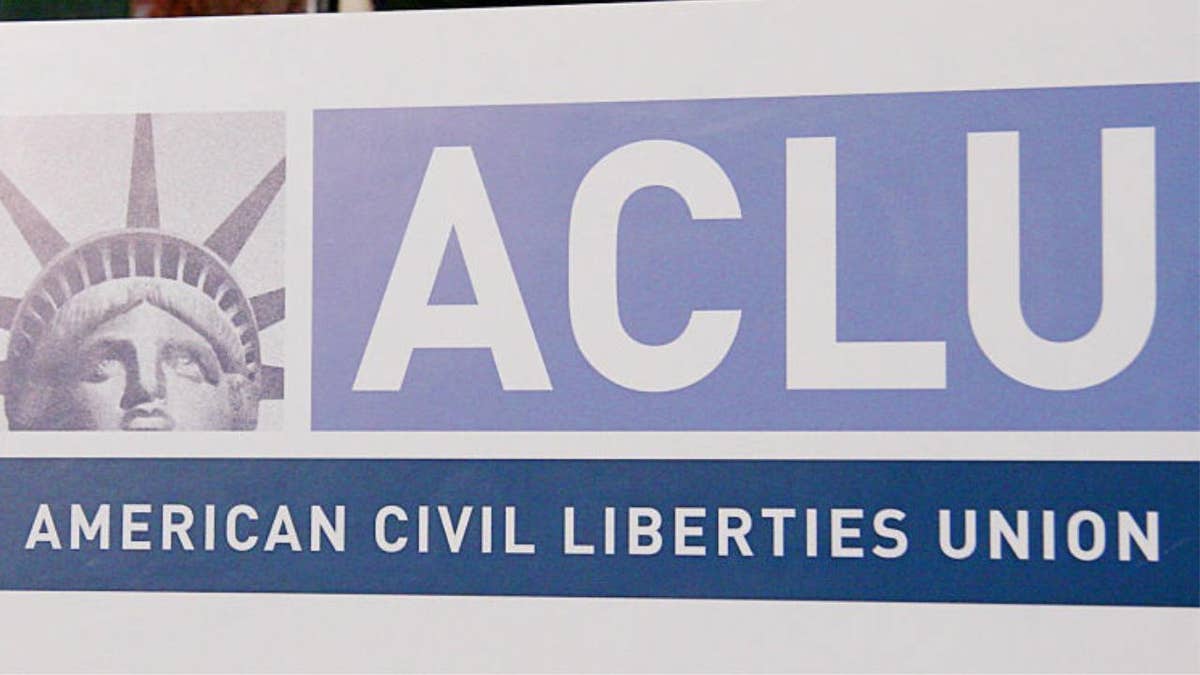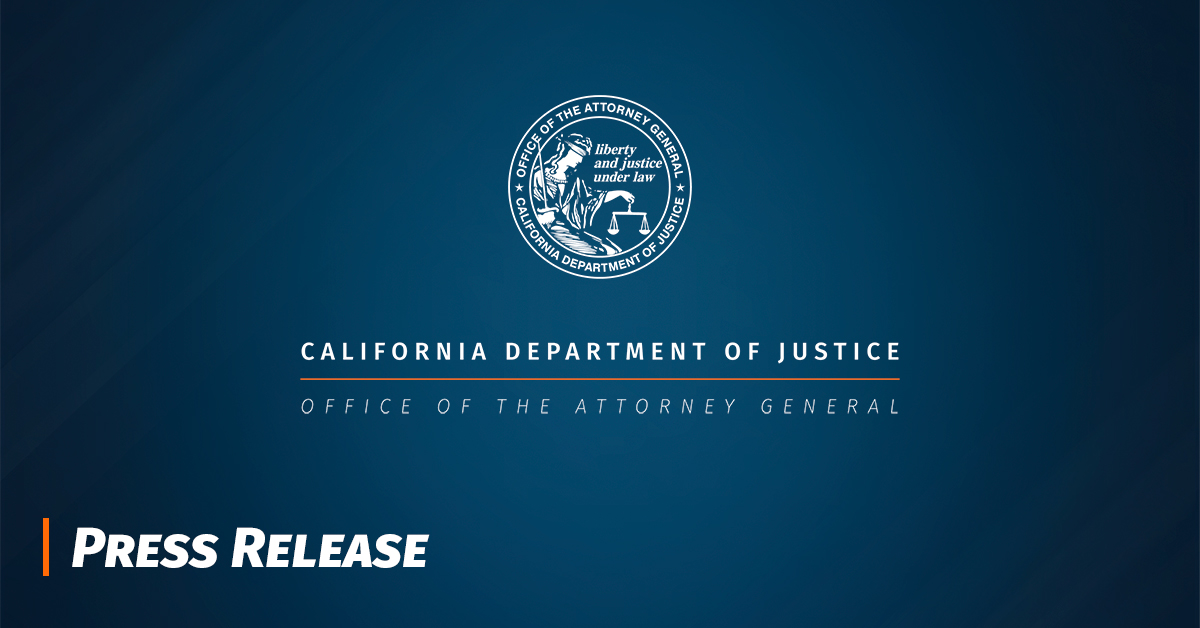Gov. Kim Reynolds sued for parental rights bill: 'Ongoing irreparable harm to LGBTQ+ students'
"This legislative session, we secured transformational education reform that puts parents in the driver’s seat," Reynolds noted in a statement.
The law also requires school administrators to notify parents if students are asked to change their pronouns or names.

In response, the ACLU and Lambda Legal are pushing back with a lawsuit , arguing that the law imposes "ongoing irreparable harm to LGBTQ+ students."
They added that although the Iowa Board of Education issued proposed rules when implementing the law, they did not clarify the law and did not address its "unconstitutionality."
Due to "ongoing irreparable harm to LGBTQ+ students," the ACLU wants the court to put a pause on the implementation of the law while litigation addressing its constitutionality proceeds.
"In response, various Iowa school districts have pulled hundreds of titles from their shelves. Many of the banned books contain content of particular relevance to LGBTQ+ students, including LGBTQ+ characters, historical figures, or themes. As a result of the ban, LGBTQ+ students are denied the comfort of narratives that include LGBTQ+ characters and the solace that they are not alone," a press release of the lawsuit reads.

Furthermore, the lawsuit asks that the law then be declared unconstitutional and permanently blocked.
Thomas Story, ACLU of Iowa staff attorney, said that the measure "is a clear violation of public school students' First Amendment right to speak, read, and learn freely."
"The First Amendment does not allow our state or our schools to remove books or issue blanket bans on discussion and materials simply because a group of politicians or parents find them offensive," Story said in a statement released to the public.
"This law is deeply confusing and schools have been at a loss on how to comply, even after consulting with their attorneys."
The law also requires schools to post online a list of books in libraries, along with instructions for parents on how to review them and classroom instructional material, and to request that any material be removed. Schools would need parental approval before they could give surveys to students related to numerous topics, including mental health issues , sex and political affiliation.

Reynolds released the following statement in response to the lawsuit.
"Protecting children from pornography and sexually explicit content shouldn’t be controversial. The real controversy is that it exists in elementary schools. Books with graphic depictions of sex acts have absolutely no place in our schools. If these books were movies, they’d be rated R. The media cannot even air or print excerpts from these books because the content is offensive and inappropriate, yet they promote the narrative that they’re good for kids."
The book ban issue has been prevalent in red states such as Texas, Florida, Missouri, Utah, and South Carolina, where it was addressed by local school boards.




















